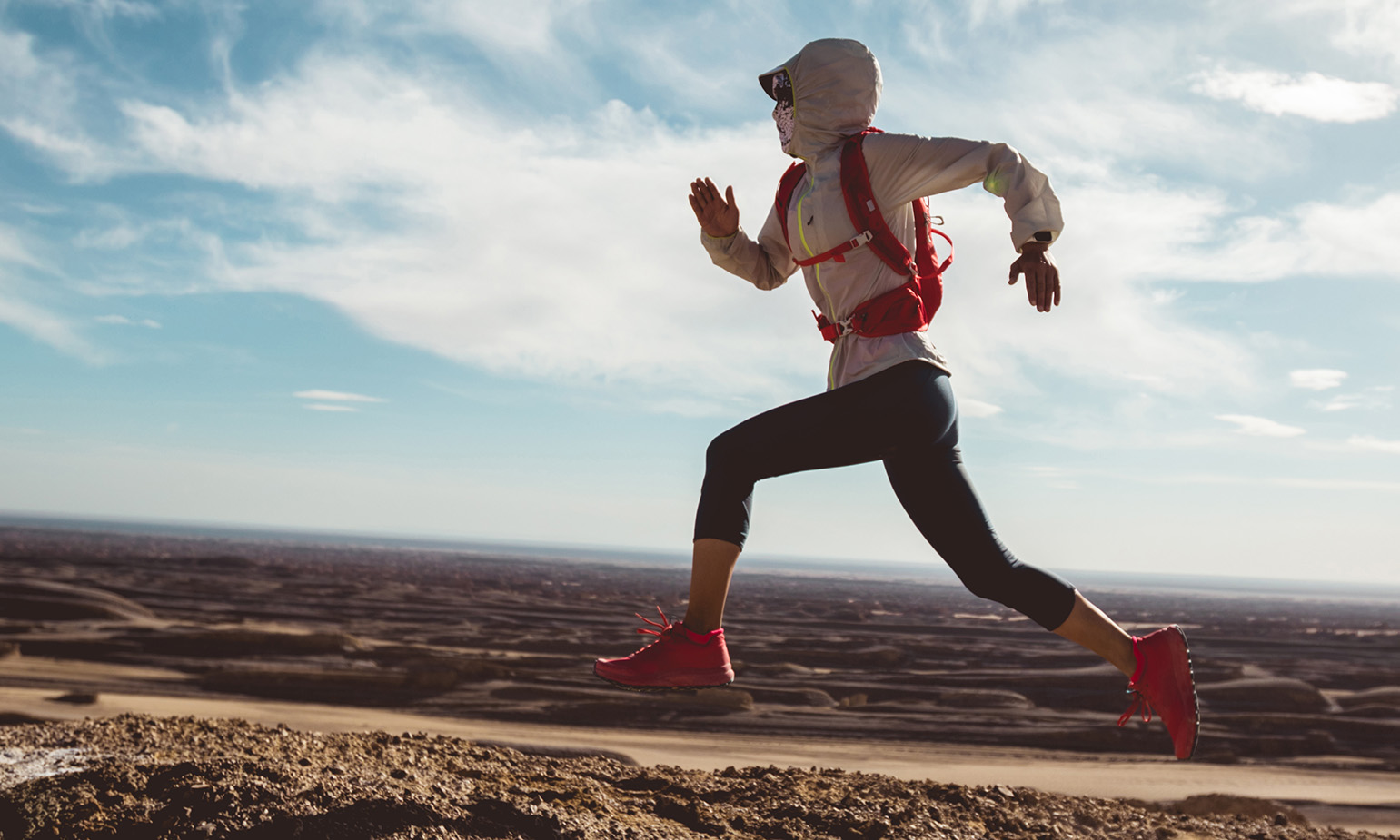In this article, we will explore the crucial role that community and teamwork play in survival, particularly in extreme situations such as natural disasters, accidents, and other emergencies. We will discuss the benefits of having a supportive community and working together towards a common goal. We will also look at some examples of successful team efforts in survival situations, as well as some tips on how to build a strong and resilient community.
Surviving in extreme situations can be a daunting task, even for the most experienced and well-prepared individuals. It is essential to have the right skills, tools, and resources to overcome the challenges that such situations present.
However, the role of community and teamwork in survival cannot be overstated. When people come together and work towards a common goal, they can achieve extraordinary things. In this article, we will explore why community and teamwork are so critical for survival, and how they can make all the difference in extreme situations.
The benefits of community in survival
One of the primary benefits of having a supportive community in survival situations is the sense of safety and security it provides. When people know that they can count on others for help and support, they are less likely to feel alone and helpless. This sense of safety can be especially important in situations where there is a significant risk of injury or death, such as during a natural disaster or a terrorist attack.

Another advantage of community support in survival situations is the sharing of knowledge and resources. When people work together, they can pool their skills, tools, and resources to increase their chances of survival. For example, a group of survivors can work together to gather food and water, build shelter, and provide medical care to those in need. By working together, they can accomplish tasks that would be difficult or impossible to achieve alone.
Teamwork in survival situations
Teamwork is another critical factor in survival. When people work together towards a common goal, they can achieve things that would be impossible for an individual. In survival situations, teamwork can mean the difference between life and death. For example, in a search and rescue operation, a team of professionals working together can find and rescue survivors more efficiently than an individual working alone.
Teamwork is also essential in situations where there is a high degree of risk or danger. For example, firefighters and emergency responders often work in teams to manage the risks associated with their jobs. By working together, they can minimize the risk to themselves and others and ensure that the job is done efficiently and effectively.
Examples of successful team efforts in survival situations
There are numerous examples of successful team efforts in survival situations. For instance, the Chilean miners’ rescue in 2010 was a remarkable example of teamwork in action. After a mining accident trapped 33 miners underground, a team of rescuers worked tirelessly for 69 days to bring them to safety.
The operation involved coordination between various agencies and organizations, including the Chilean government, NASA, and a team of drilling experts from around the world. The successful rescue was a testament to the power of teamwork and collaboration.
Another example of successful teamwork in survival situations is the response to the 2011 earthquake and tsunami in Japan. In the wake of the disaster, people from all over the world came together to provide aid and support to those affected. The efforts of volunteers, emergency responders, and community organizations helped to save countless lives and provide much-needed relief to survivors.
Tips for building a strong and resilient community

Building a strong and resilient community is essential for survival in extreme situations.
Here are some tips for building a community that can withstand the challenges of survival:
- Develop trust and respect among community members- Trust and respect are the foundation of any successful community.
- Build a diverse community- Diversity can bring different skills, perspectives, and ideas to the table, making the community stronger and more resilient.
- Establish communication channels- Effective communication is crucial in any community, but especially in survival situations where clear and timely communication can be a matter of life and death.
- Foster a culture of collaboration and teamwork- Encourage community members to work together towards common goals, and recognize and reward team efforts.
- Develop skills and knowledge among community members- Encourage community members to develop skills that may be useful in survival situations, such as first aid, navigation, and wilderness survival.
- Establish an emergency plan- Create a plan that outlines how the community will respond to different types of emergencies, and ensure that all members are familiar with the plan.
- Conduct drills and practice sessions- Regular practice sessions can help community members become more familiar with emergency procedures and build confidence in their ability to respond to emergencies.
Conclusion
In conclusion, the role of community and teamwork in survival cannot be overstated. In extreme situations, the support and resources provided by a community can make all the difference in a person’s ability to survive. Effective teamwork, on the other hand, can help people achieve things that would be impossible for an individual.
Whether it’s a natural disaster, an accident or another emergency, a strong and resilient community is essential for survival. By following the tips outlined in this article, you can help build a community that can withstand the challenges of survival and increases your chances of making it through even the most extreme situations.




